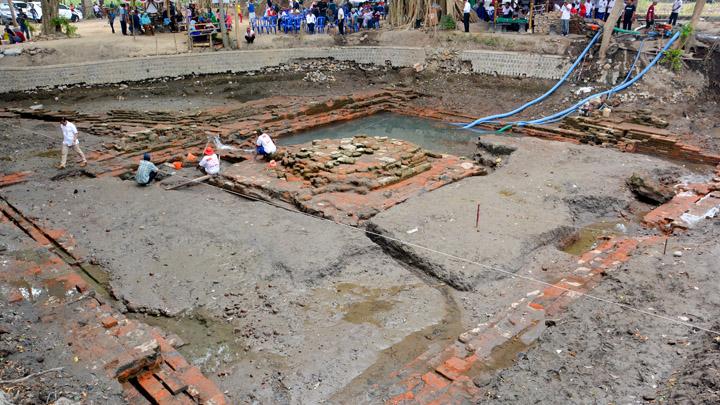
TEMPO.CO, Jakarta - Coffee origin tours provide enthusiasts with insights about the bean’s history and Aceh’s famous yield. Yet coffee production is facing its most pressing challenge: climate change.
MUHAMMAD Arif showed immense enjoyment after his origin coffee tour in Central Aceh and Bener Meriah, Aceh, last May. After studying media and politics at the University of Melbourne in Australia, Arif had made a sudden turn and decided to try his hand at coffee. In Melbourne, he had noted only a very small number of cafés served coffee from Indonesia, despite the country being Australia’s closest neighbor.
Arif also observed that Australians preferred coffee from faraway countries such as Brazil and Colombia. He decided to develop a coffee business right away to try to change this, which would include purchasing coffee bean directly from Indonesian farmers and cooperatives at fair prices. "Much can still be done to promote Indonesian coffee," said Arif, who opened his first coffee shop, Publichood, in Jakarta two years ago.
He joined a trip organized by the Specialty Coffee Association of Indonesia (SCAI) with members from various backgrounds, comprising exporters, farmers, baristas, café owners, coffee traders, and scientists, as well as coffee lovers. The association has been organizing coffee origin trips since 2010, bringing visitors to coffee regions in Jember, East Java, Bali and Aceh. Though their tours are open to the lay public, most of the participants have a special interest in coffee.
"Origin trips facilitate direct and open communication with coffee farmers, as well as give a peek into the lives of coffee farmers," said Akhmad Syafrudin, SCAI’s chairperson. "Farmers also get an opportunity to meet potential customers."
Central Aceh and Bener Meriah can be considered ‘perfect’ destinations for origin trips. Coffee plantations are usually found over 1,200 meters above sea level, as a high altitude is one of the requirements for producing high-quality Arabica beans.
In May, the European Union awarded the Protected Geographical Identification (PGI) status to Gayo coffee under the name ‘Kopi Arabica Gayo’, meaning henceforth, Gayo coffee enjoys protection and added value, like other PGI products, which are protected and promoted as regional agricultural products. Gayo coffee is Indonesia’s first product to receive a PGI recognition from the EU.
There is plenty to learn from a tour of the two regencies known as the Tana Gayo, the highlands that boast a long coffee history and tradition. Almost 100 percent of the 90,000 hectares of coffee plantation in the region belongs to farmers, with families owning on average one hectare each.
Read more inspiring Outreach stories in Tempo English Weekly Magazine























